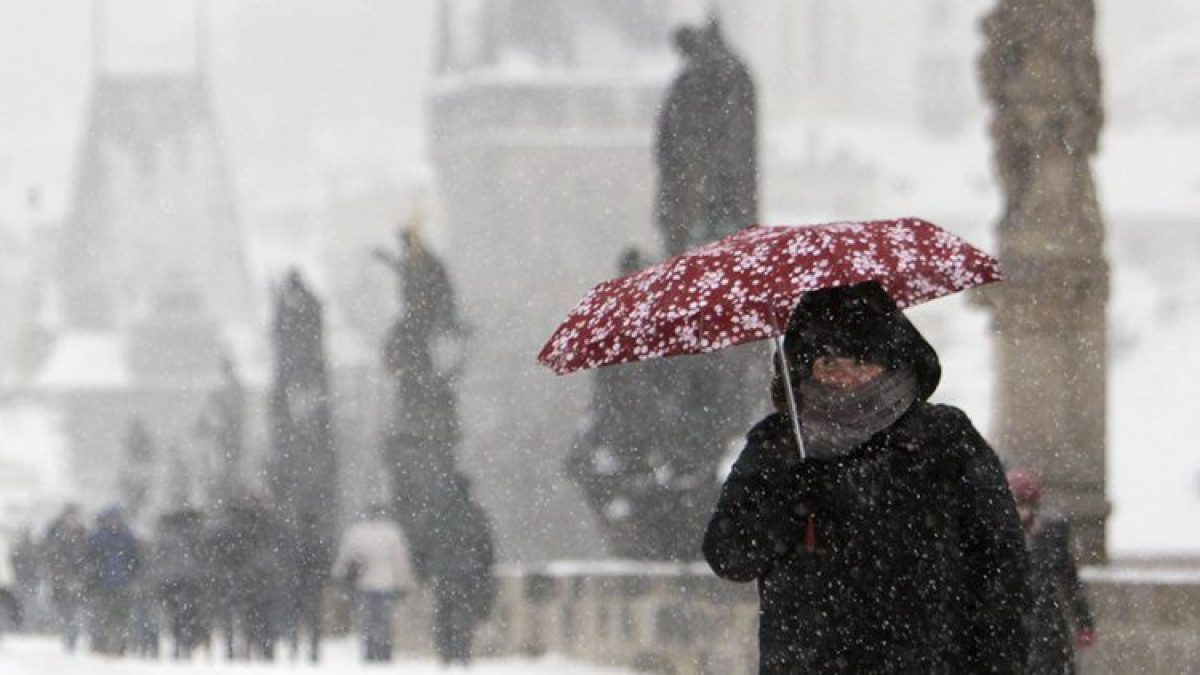 90
90
Concerns regarding Russian gas shipments to Europe have grown as tensions between the West and Russia over Ukraine have increased, leading the European Commission and the US to hunt for other sources of energy.
Ursula von der Leyen, President of the European Commission, and Joe Biden, President of the United States, reaffirmed their engagement on energy security in a joint statement made last week.
Following a recent conference with European energy ministers in France, Energy Commissioner Kadri Simson noted that the group is in discussions with partners such as Azerbaijan about the potential of extending gas supplies to the continent.
According to a research done last week by the Brussels-based think tank Bruegel, plans to replace Russian gas in Europe would almost surely be insufficient.
Europe, it adds, has two challenges: finding an alternative for Russian gas supplies and limiting domestic consumption in order to weather the economic and social storm.
According to one of the authors, Bruegel senior researcher Simone Tagliapietra, Europe is on the approach of another oil crisis on the level of the 1970s.
“Some factories may be constrained to operate on a restricted production schedule or may be forced to stop entirely.
To prevent blackouts, governments may need to construct an emergency strategy that prioritises gas receivers, such as “heating in private dwellings or power producing.
What would happen if Russia’s natural gas supply were to be cut off in the next months.
Three future possibilities are conceivable:
If Russia and all other sources maintain current production levels, the EU’s overall storage capacity will decline to around 320 terawatt-hours (TWh) in April 2022.
If Russia decreases production in early February, storage capacity in April 2022 will be dropped to a minimum of 140 TWh.
If the weather continues extremely severe, along with Russia’s supply constraints, EU-wide supplies will be exhausted by the end of March 2022.
As a result, the EU will almost probably be able to tolerate a substantial disruption in Russian gas supply in the near future.
Will Europe’s pipeline network be able to accommodate higher gas deliveries?
True and false. For example, the Iberian Peninsula operates as a centre for LNG import ports.
As a result, the region can only consume 30 TWh of power each month and must import 40 TWh. Given that existing pipeline capacity is only 5 TWh per month, the challenge will be transferring the additional gas to the rest of Europe, mainly Germany.
Additionally, the pipeline infrastructure in Central and Eastern Europe is meant to carry goods from the east to their ultimate clients.
Despite investments in reverse-flow capacity and new pipelines, pipeline bottlenecks may choke the EU’s easternmost territories or Ukraine if the west imports too much gas.
What new sources of supply may become available?
In theory, existing infrastructure allows for higher imports from Norway and North Africa, as well as increased LNG volumes, which may ultimately replace Russia’s present imports. While infrastructure is vital, gas is far more so.
Norway has previously confirmed that it is giving the EU with the highest quantity of LNG imaginable and that global LNG markets are critically restricted – Algeria has also verified this.
In the Netherlands and across the EU, domestic gas production is heavily controlled.
The US is now in discussions with Qatar concerning the transfer of gas to Europe.
Qatar is a large LNG producer in the globe. It sends nearly three-quarters of its goods to Asian nations and roughly 5 percent to European countries.
What if Russia’s gas supply was switched off for an extended period of time?
While it may be tricky to get through half of winter without Russian gas, sustaining the European economy for many years without Russian gas would be nearly impossible. While preparation takes longer, the volumes to convey are much greater.
Russian natural gas shipments to the EU reached around 1,700 TWh in 2021; this amount would have to be met if Russia halted all natural gas supply to Europe.
In the EU, around 1,800 TWh of spare import capacity from alternative Russian sources exists. This may even allow the EU to replace Russian traffic completely.However, in the best-case circumstance, it would be prohibitively pricey; in the worst-case scenario, it would be physically and politically impossible.
Comment
Post a comment for this article